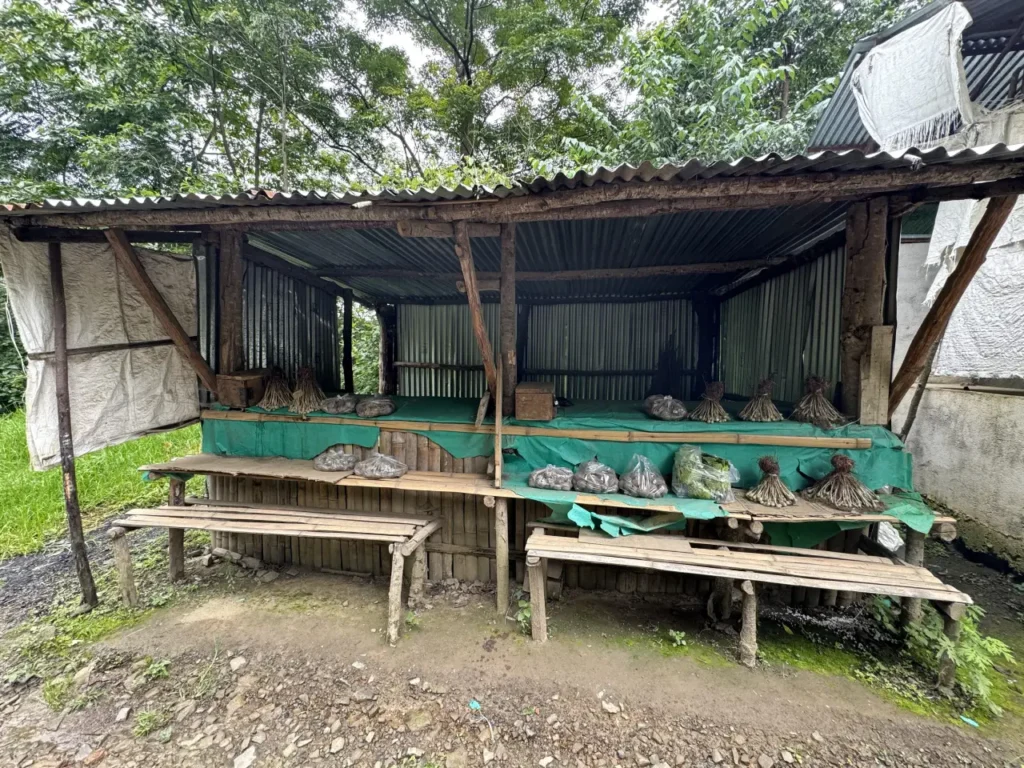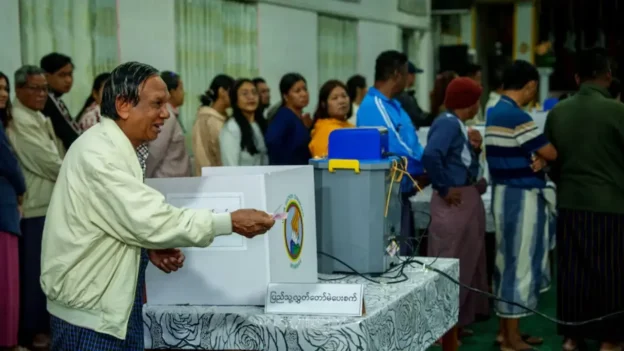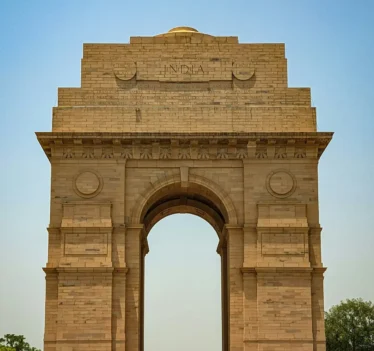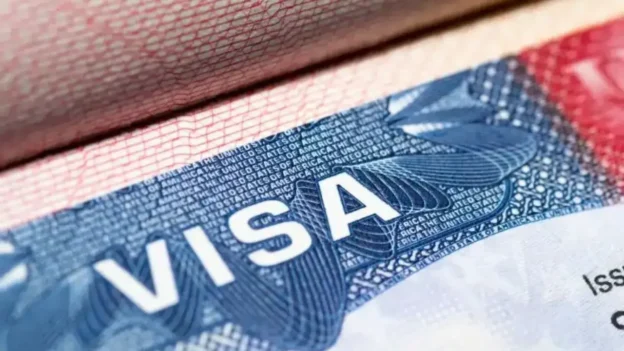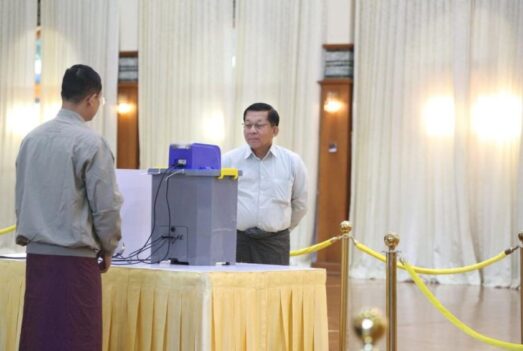Have you ever wondered why people and places can be so strikingly different?
In some places around the world, if you accidentally leave something behind – a bag, a phone, even a water bottle – chances are, it’s gone for good. You might never see it again. But then, there are other places, quiet corners of the world, where things work in ways that almost feel too good to be true.
Imagine this- a small roadside stall filled with farm-fresh vegetables, fruits, herbs, maybe even handmade pickles or spices – all neatly arranged with price tags. But there’s no one around. No shopkeeper, no staff. Just a simple wooden box or container sitting nearby, marked “Cash.”
That’s it.
Welcome to the remote villages of Northeast India, where honesty still thrives in the most beautiful and unexpected ways. In a few places like Mizoram, Nagaland, and Manipur, it’s not unusual to find these unmanned shops lining the winding roads, settled between paddy fields and green hills.
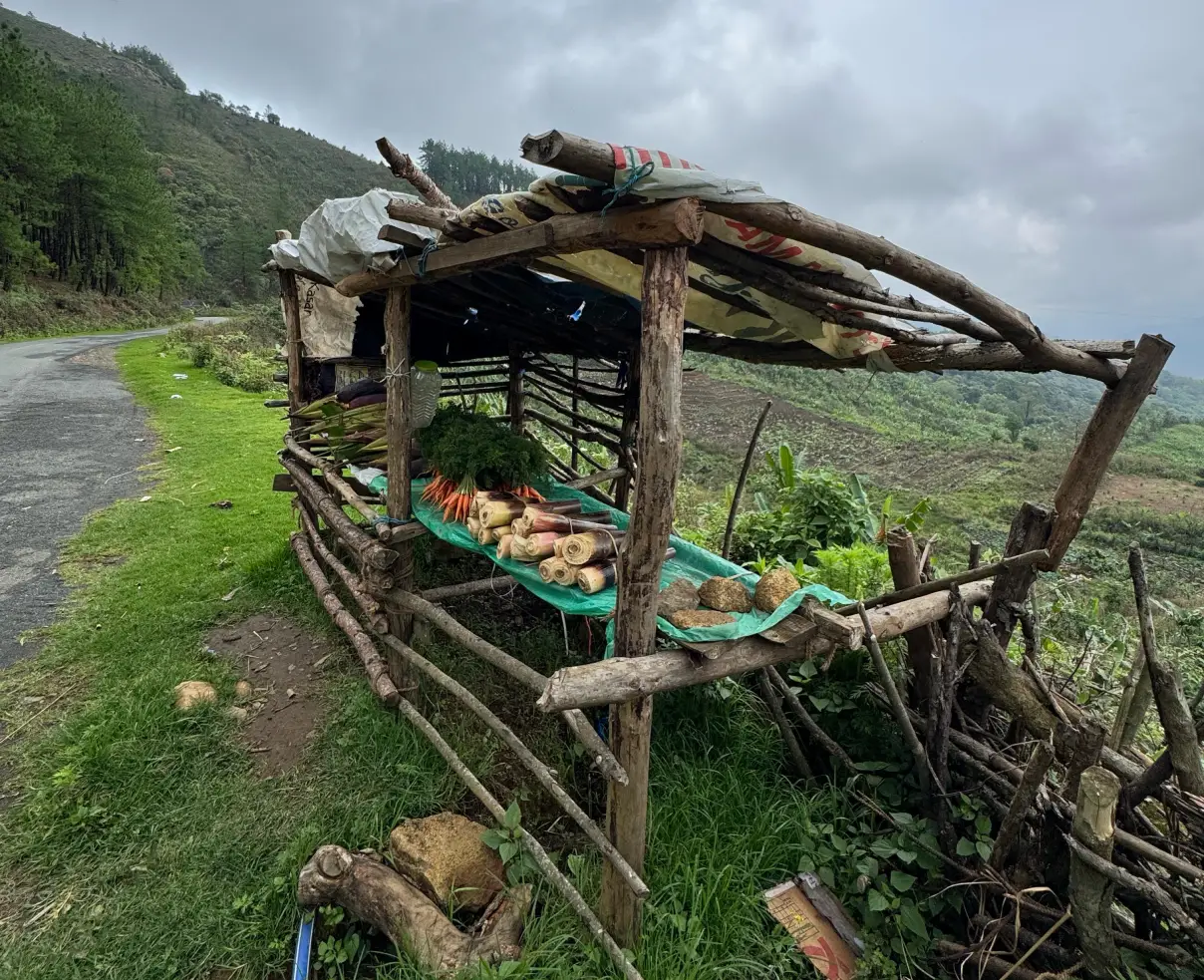
Here, communities are built on quiet, age-old values – mutual support, cooperation, and deep-rooted trust. These are places where people still look out for one another, where honesty isn’t taught as a rule but lived as a way of life.
On one such visit, I happened to meet a stall owner by chance. Curious, I asked, “Why isn’t anyone here to watch over the shop?”
The man smiled warmly and replied, “I don’t have time to sit idle all day. I’d rather be working in my field.”
Most of the shop owners are farmers themselves, with the entire family engaged in farming. Their days begin early, with work waiting in the fields, and sitting behind a counter all day feels like a waste of time. For them, it’s a practical decision – the shop simply runs on trust while the family carries on with their daily labour.
So the shop becomes more than just a place to buy and sell. It turns into an extension of their everyday life – unguarded, uncomplicated, and entirely built on faith. And it works!
The shop owner went on explaining how he and others in the community come by once in a while, to refill the shelves, check the cash box, and go right back to their day’s work. “And if someone takes something without paying,” he shrugged, “maybe they need it more than we do. That’s alright with us.”
What’s even more surprising is that if a customer doesn’t have exact change, they’re welcome to take the difference from the cash box – no questions asked. Though, not all cash boxes are left open!
These areas often rely on simple, cash-driven economies. Digital payments and elaborate billing systems aren’t common here – some villages don’t even have consistent electricity or internet. A handwritten price tag and a cash box are all that’s needed.
The owner further added that, “Some of us even leave our goods in the shop overnight. It’s mostly the animals we worry about – they’re the real shoplifters!” he chuckled.
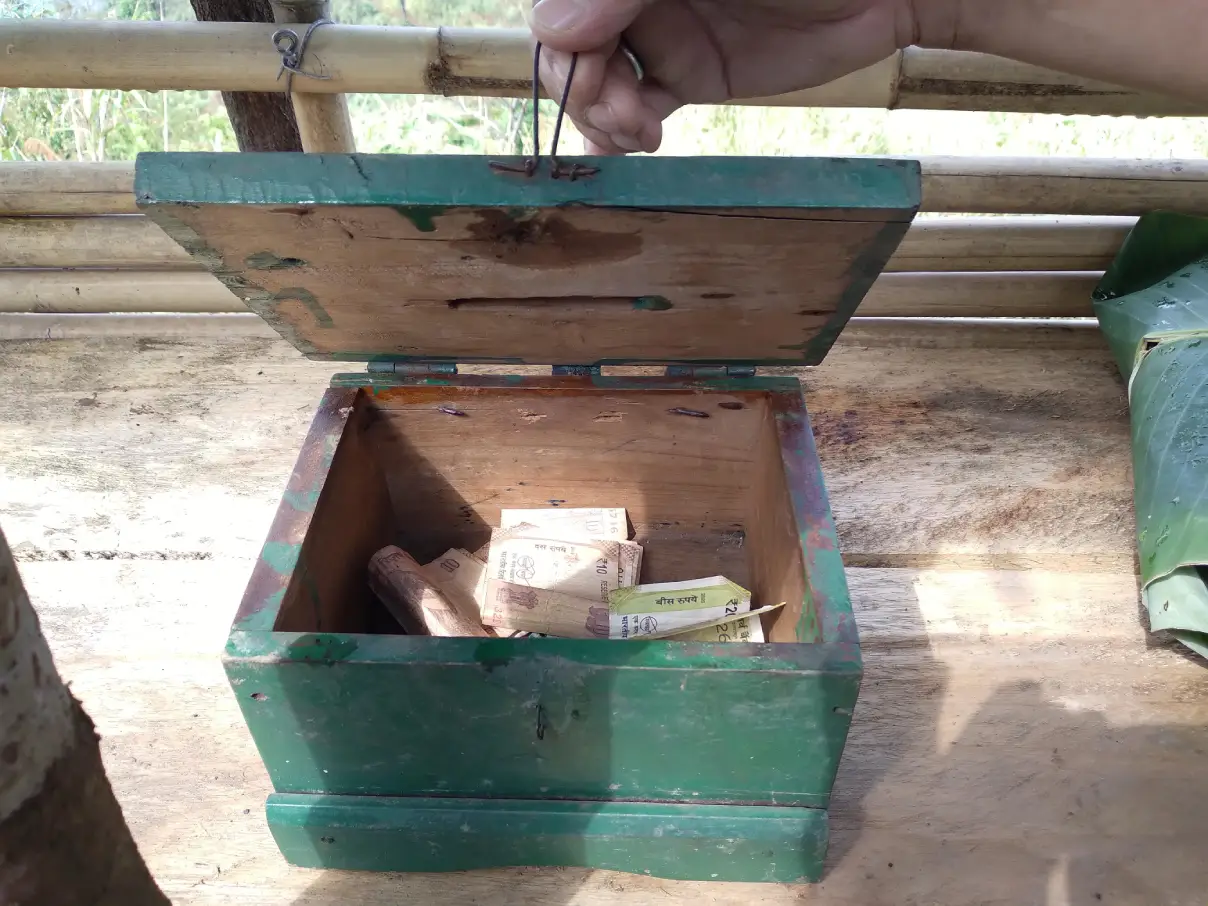
In a world where mistrust so often feels like the norm, these little stalls in Northeast India remind us of something deeper – that trust, kindness, and simplicity still exist. They may be rare, but they’re out there, quietly thriving in places where people live not just off the land, but with deep faith in one another.
Isn’t that something?

